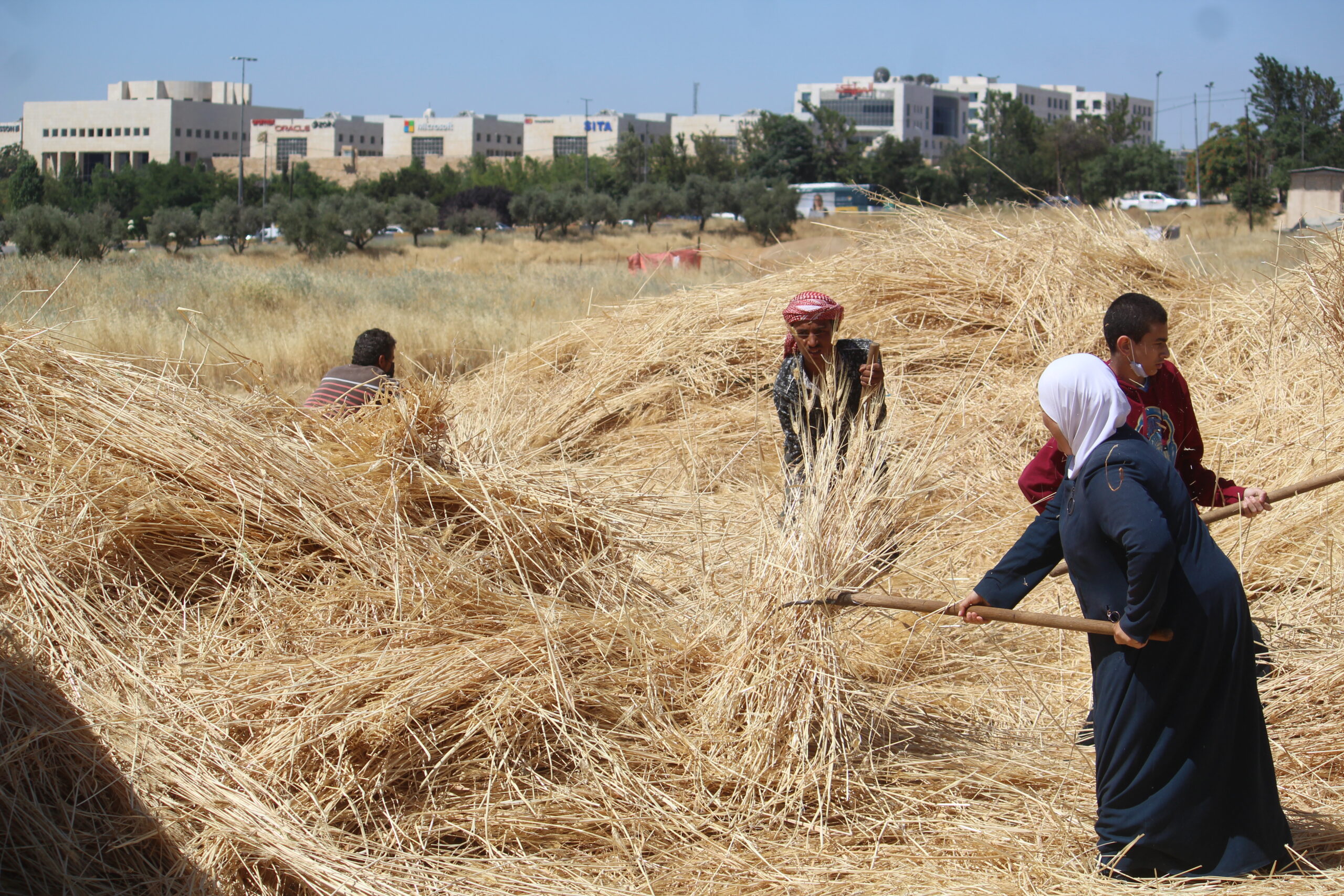MIDDLE EAST EYE (19/3/2022)
Concerns are growing across the Middle East that the war in Ukraine will cut off international shipments of wheat, spurring shortages and soaring prices of a staple food millions of people rely heavily upon.
Russia and Ukraine produce about a quarter of the world’s wheat. The MENA region is particularly dependent on wheat imports from Black Sea ports, which have halted shipping since Russia’s invasion of Ukraine.
In Egypt, where bread is known as aish, meaning “life”, prices are rising dramatically. The country is the world’s top wheat importer, with nearly 70 percent of its wheat coming from Russia and Ukraine in 2019.
Lebanon imports 52 percent of its wheat from Russia. As a result of the devastating blast in August 2020 that destroyed Beirut’s grain silos, the country’s infrastructure can only hold about one month’s supply of wheat.
More than a third of Yemen’s wheat comes from the Black Sea region. Ravaged by years of war that have pushed millions to the brink of famine, Yemen is highly dependent on bread, a staple that makes up over half of the calorie intake for the average household. Disruptions to wheat supplies could worsen the hunger crisis.
Prices of wheat were already rising globally as a result of pandemic-related shipping disruptions, rising costs for farmers and adverse weather. The United Nations’ World Food Programme warned that war in Ukraine could drive millions of people in the Middle East into food poverty and lead to food insecurity globally.
But for some, the impending wheat crisis is a reminder that local production of food should be a priority for the region’s social, economic and political security.
“Our dependence on imports makes us susceptible to all sorts of crises,” says Mariam Al Jaajaa, a member of the Arab Network for Food Sovereignty (ANFS), a group of civil society organisations from 13 different Arab countries that has been advocating for investment in domestic production of food in the region since it was established in 2012.
“The cultivation of food staples like wheat should be promoted to improve our food security, and it should be prioritised over crops intended for export,” says Jaajaa (…)
